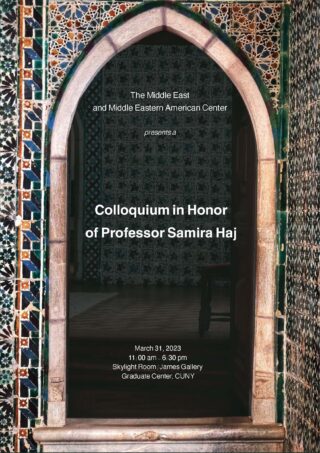Sara Pursley works on the cultural, social, and intellectual history of the modern Middle East, especially Iraq. The thread that runs through her work is an interest in how imaginaries and experiences of time, space, and selfhood were reordered in the region during the 20th century. She has explored questions related to economic development and modernization theory; histories of psychology and pedagogy; secular and Islamic disciplines of subject formation; gender and history; insurgency, revolution, and decolonization; law and state formation; land settlement projects; and transitions from British to American empire. Her first book, Familiar Futures: Time, Selfhood, and Sovereignty in Iraq (Stanford University Press, 2019), looks at how various understandings of time, gender, and selfhood shaped pedagogical interventions into the intimate lives of Iraqis in the name of economic development and anticolonial revolution, from Iraq’s formal independence in 1932 to the first Ba`th coup of 1963. Her second book, Enclosing Iraq: Insurgency, Development, Law (Stanford University Press, in contract), rethinks the formation of Iraq under British mandate governance in the 1920s, attending to the dynamic relation between insurgency and law in the coming-to-be of an Iraqi territory and Iraqi subjects, including the ways in which anticolonial movements and forms of sociality simultaneously provoked, were reshaped by, and repeatedly exceeded punitive, disciplinary, and developmental attempts to contain them. She has plans for a third book project, which will explore the social and ecological effects of postwar land settlement projects in Iraq and Jordan from the 1930s through the 1950s that relocated peasants and pastoral nomads onto isolated nuclear-family farms, often in accordance with US Cold War modernization theories of agrarian reform and political stability.

